Trump and the Sheikhs: A Transactional Diplomacy in the Gulf
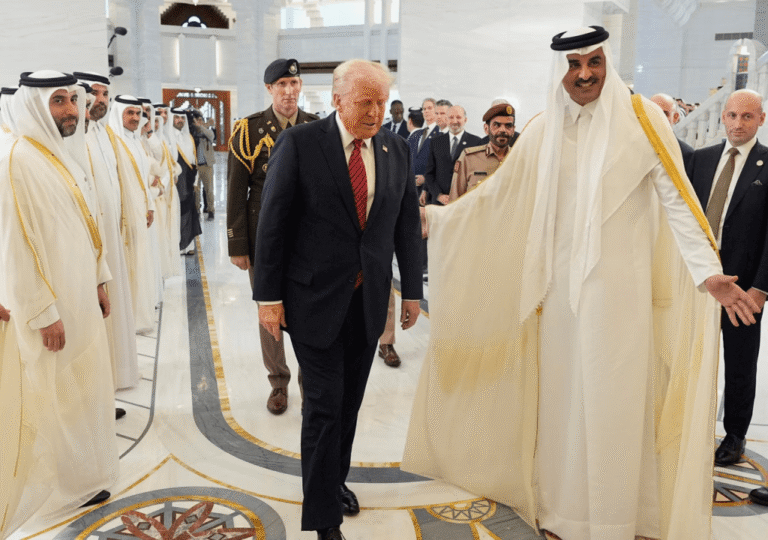
Donald Trump deepens U.S. relations with wealthy Gulf nations through high-profile arms and tech deals, positioning Saudi Arabia, the UAE, and Qatar as key strategic partners.

Donald Trump deepens U.S. relations with wealthy Gulf nations through high-profile arms and tech deals, positioning Saudi Arabia, the UAE, and Qatar as key strategic partners.
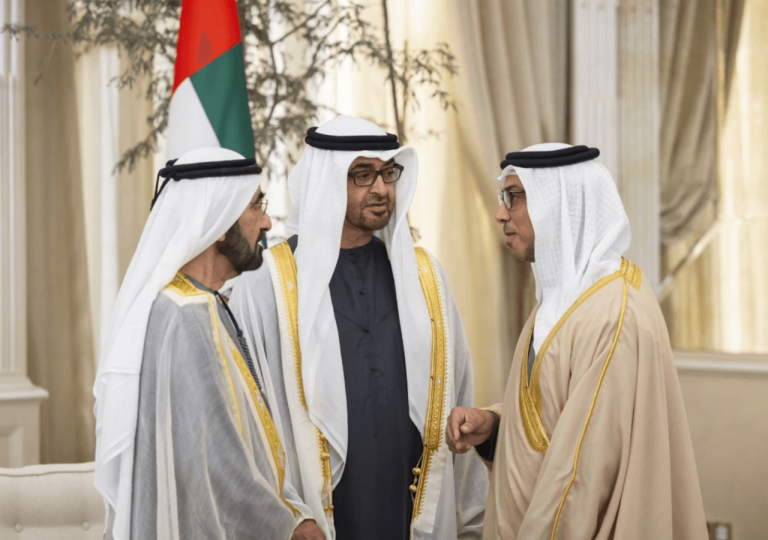
The UAE's strategic influence in Africa through diplomatic efforts, investments, and soft power initiatives
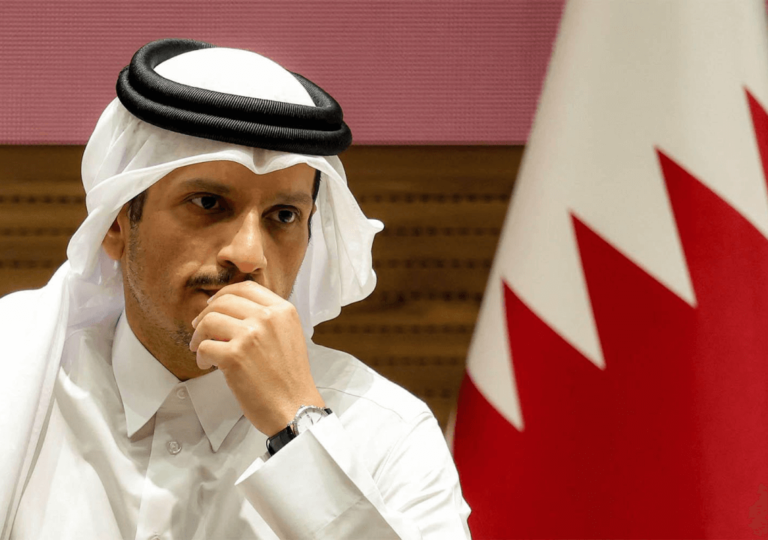
Qatar is stepping back from mediating between Hamas and Israel, citing lack of good faith from both sides
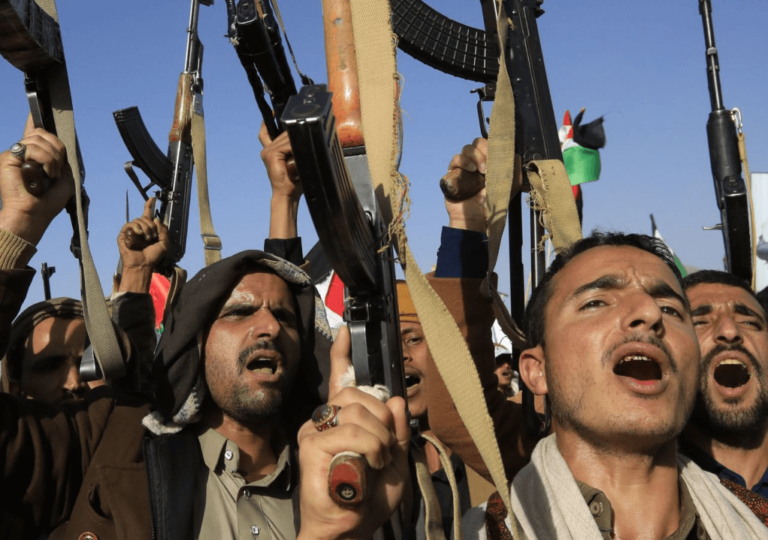
The Islamic world lacks a superpower to challenge Israel due to U.S. dominance and weakened regional leadership
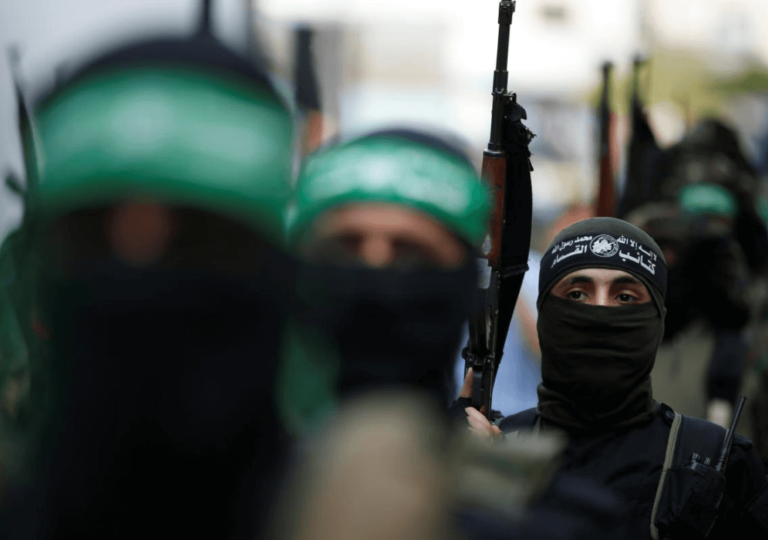
Gaza conflict fuels radicalization among youth, raising global terrorism concerns
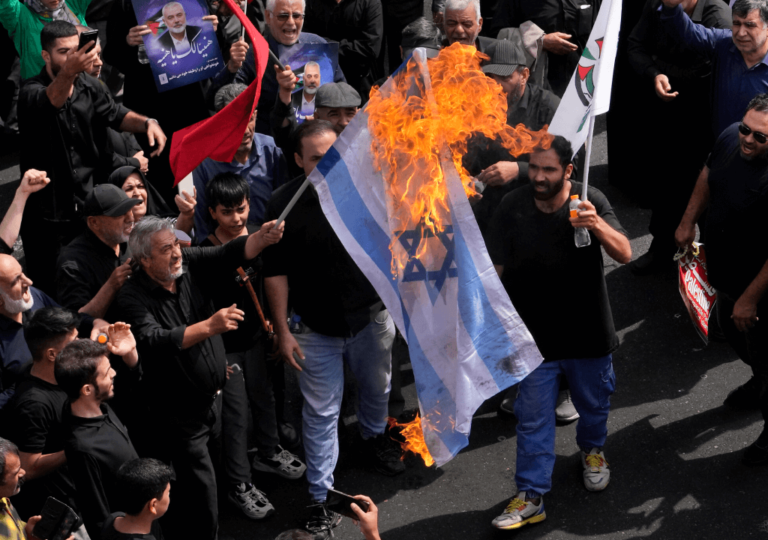
Iran feels humiliated after Israel's assassination of Hamas leader Haniyeh in Tehran
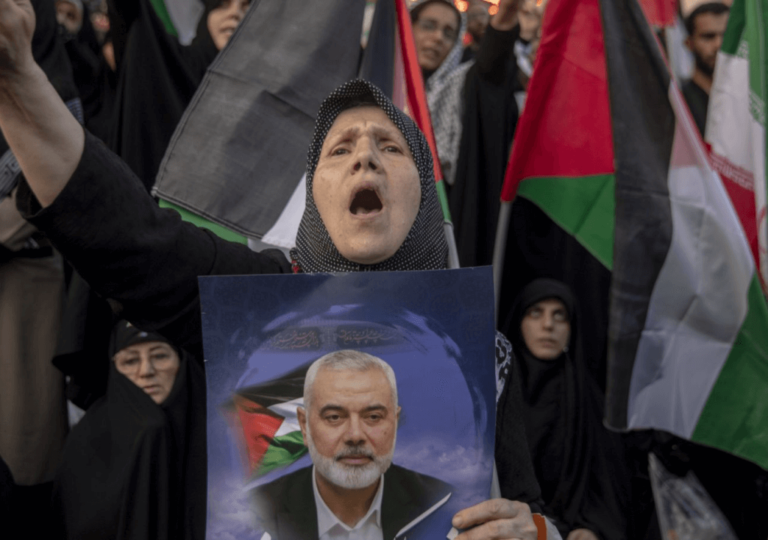
Israel dealt severe blows to Hamas and Hezbollah, killing key leaders amid ongoing conflict
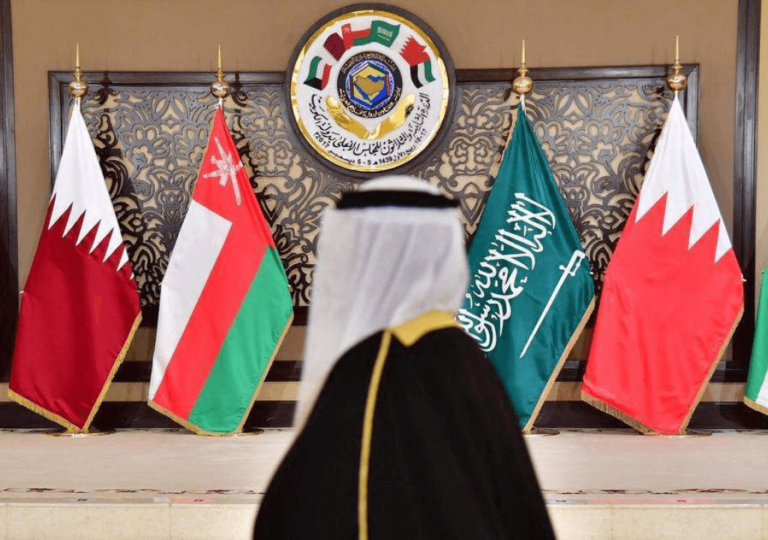
Amid trade wars, the EU's single market models economic cooperation, inspiring others like the Gulf Cooperation Council to form unified markets and compete globally.